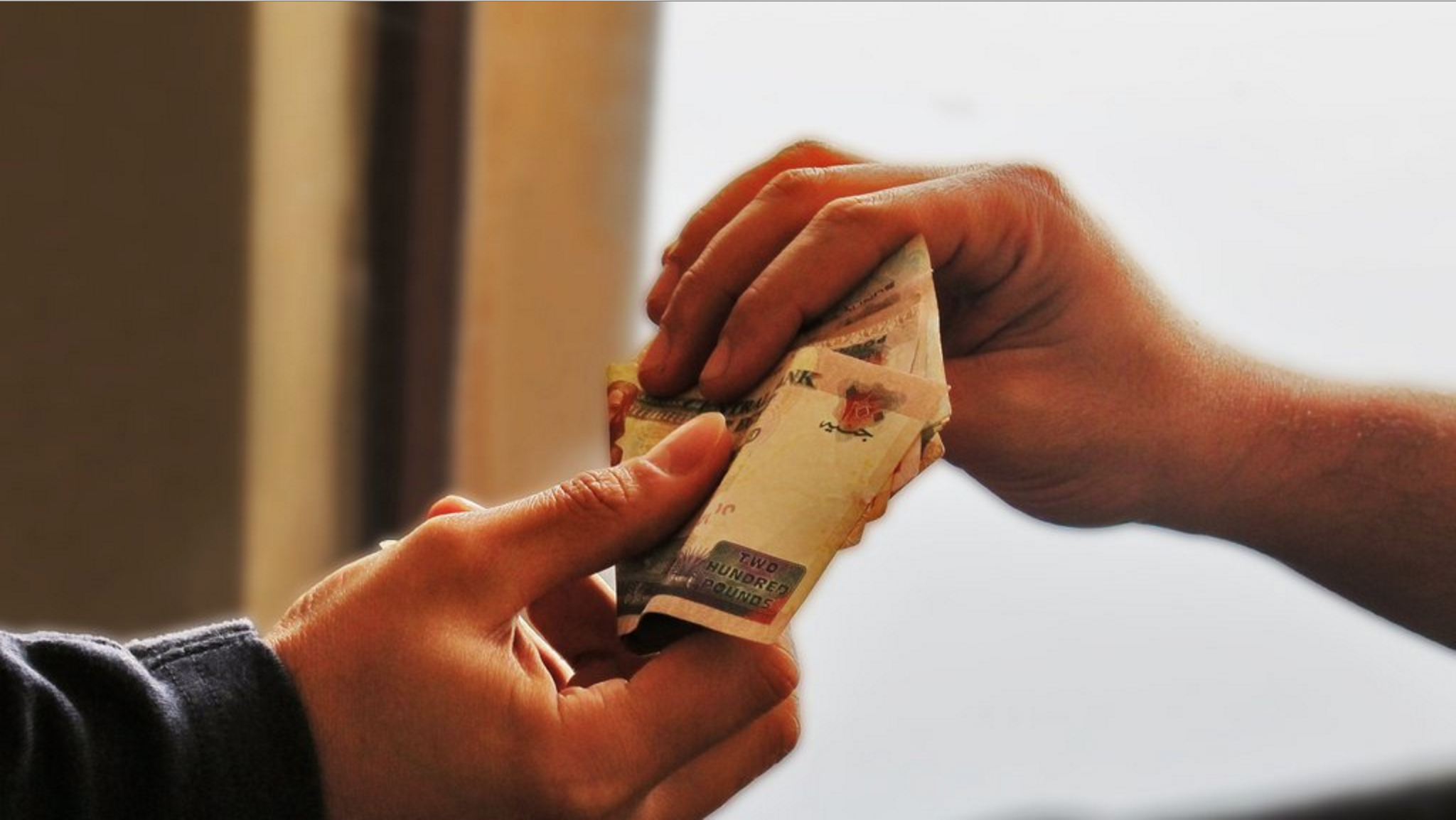If you live in Egypt for even a short amount of time, you will most likely find yourself dealing with one of the various arms of the Egyptian government, be it a traffic officer, a low-ranking employee or government officials. More often than not, a run-in with one of these representatives of Egyptian bureaucracy puts you face to face with the necessity of resorting to bribery just to receive services you are otherwise denied easy access to.
Despite knowing that it’s “necessary” to use bribery to speed up certain processes or avoid getting into trouble, such instances often cause us to feel guilty, or to loathe the existing system that forces our hand — or a combination of both.
Launched in September, “Ana Dafa’t Rashwa” (I Paid a Bribe), is Egypt’s first online crowdsourcing initiative aiming to combat the country’s widespread corruption by using bribe payers’ discontent to highlight the prevalence of the practice.
The website allows users to submit reports documenting instances in which they paid a bribe for a specific reason, while clarifying the amount of money paid, where the payment occurred and the reason for the bribe.
According to the initiative’s Facebook page, the reports will be relayed to the government and civil society organizations to help spot corrupt government officials and punish them accordingly.
The reports visible on the website are varied both in the amounts paid and the purpose of the payments. While some pay as little as EGP 10 to avoid getting ticketed for not wearing their seatbelt or EGP 20 to nudge along the process of issuing an official paper, others report paying amounts of EGP 200 or more for processes such as mandatory car checks or issuing a driving license.
One user reported paying an insurance inspector EGP 1000 after he threatened to fine the user EGP 10,000 for insurance fraud.
Although this feature is not yet available, the website will also compile the data received through reports to inform viewers of bribery rates in specific cities and governorates.
Egypt is infamous for its widespread corruption and the pervasiveness of bribery at every level, but most commonly in bureaucratic offices and proceedings.
Ernst & Young’s 13th Global Fraud Survey, published in 2014, placed Egypt’s private sector as the most corrupt of the 59 countries included. According to the same report, fraud and corruption most commonly occurs with middle-level managers, particularly men aged 35-45.
Data from Transparency International ranks Egypt’s public sector as 34th out of 175 countries in terms of corruption, with a corruption score of 37 out of 100 where 100 is the highest level of corruption possible.
Early last month, Egypt’s Minister of Agriculture was arrested after reports surfaced of his involvement in a large-scale corruption scandal, including accepting bribes to facilitate the takeover of lands.







Comments (17)
[…] If you live in Egypt for even a short amount of time, you will most likely find yourself dealing with one of the various arms of the Egyptian government, be it a traffic officer, a low-ranking employee or government officials. More often than not, a run-in with one of these representatives of Egyptian bureaucracy puts […] […]
[…] Source: egyptianstreets.com […]